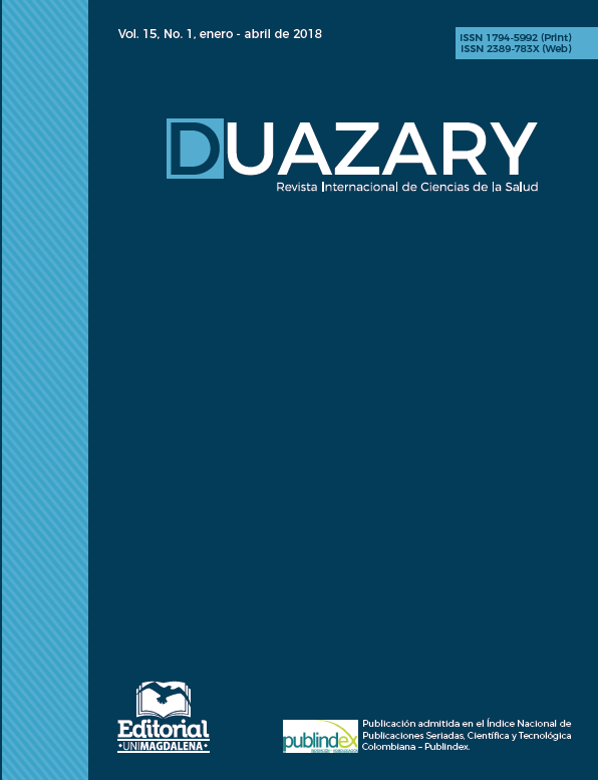Burnout and psychological well-being of personnel of intensive care units
Main Article Content
Abstract
The working conditions in intensive care units (ICUs) are related to a high risk of burnout. In this study we aim to measure the influence of rumination and social support on burnout and psychological well-being in members of the staff of an ICU in a reference hospital in Chile. We proposed a model showing an indirect influence of brooding mediated by social support and burnout on the psychological well-being. We surveyed one hundred and thirty six employees (81.9% of the total) of ages 23 to 59 years of age. This sample consisted of 85.3% women and 14.7% men. We used the Maslach Burnout Inventory (MBI), the Ryff Scales of Psychological Well-Being (PWB), Zimet’s Multidimensional Scale of Perceived Social Support (MSPSS), and the Ruminative Responses Scale by Treynor et al (RRS). Results indicated direct relations between social support and well-being, and between brooding and burnout. They also indicated inverse relations between social support and burnout, and between brooding and well-being. The mediation model showed adequate indices of fit.

